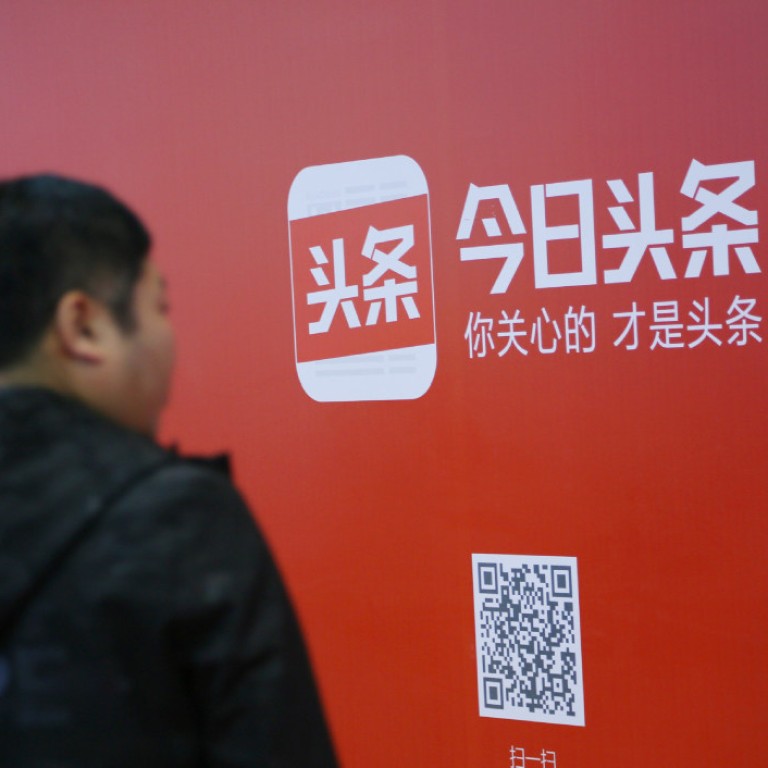
TikTok's creator has a search engine, but the real challenge isn't Baidu
ByteDance's Toutiao Search takes on Baidu, but online content in China is increasingly siloed in different apps, making general search engines much less useful
Baidu has been China’s king of search since Google pulled out of the country in 2010. Now it’s facing a new challenger, TikTok creator ByteDance, which unveiled a new search engine on Monday.
But the challenge for ByteDance might not be Baidu. A bigger problem might be that people in China don’t seem to care that much about online search at all.
Meet Baidu, China’s homegrown search engine
China’s viral king ByteDance is the first major Chinese tech player that made a mark on the world

Things are quite different in China, where users are much less likely to rely on search.
WeChat, for example, has become a primary news source for internet users in China, just as Facebook has outside China. But the massive amount of content produced by the more than 10 million content creators on the platform is inaccessible through search engines. The articles only exist on WeChat.
WeChat, the app that does everything
Mini Programs: The apps inside apps that make WeChat so powerful
“That’s true,” says one WeChat user’s comment with more than 1,900 likes. “I recently loved searching on WeChat, and I feel like it’s more reliable than Baidu.”
“Now when I search for things, I need to search on Baidu, and then search again on WeChat and Weibo, and once again on Zhihu, and then half a day passed,” another user commented.
Zhihu, where people in China go to ask questions and get answers
“On Baidu, you can’t get search results from WeChat public accounts,” Wei wrote. “Even indexing Weibo content is very difficult.” He added that reviews on travel booking sites and short videos on Douyin, the Chinese version of TikTok, are also rarely found on Baidu.
TikTok, the viral short video sensation, has its roots in China
How Weibo became China’s most popular blogging platform
“As in-app search capabilities become increasingly important and eventually pervasive for other mobile apps, traditional search service providers also have good opportunities as long as they can effectively expand their digital ecosystem,” Forrester analyst Charlie Dai said.
To meet the challenge of improved search on platforms like WeChat and Toutiao, traditional search engines like Baidu need to strike a balance between personalized and diverse content, Dai added.
For more insights into China tech, sign up for our tech newsletters, subscribe to our Inside China Tech podcast, and download the comprehensive 2019 China Internet Report. Also roam China Tech City, an award-winning interactive digital map at our sister site Abacus.

